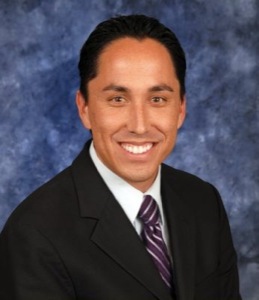san diego
Domestic partnership benefits ordinance to go before San Diego City Council this summer
Published Thursday, 08-Jul-2010 in issue 1176
A measure called the “Equal Benefits Ordinance” by Third DistrictCouncilmember Todd Gloria will go before the San Diego City Council thissummer and would require city contractors to offer its employees domesticpartnership benefits. With certain exceptions, all firms that do business with the city would be required to offer its employees who have same sex partners the same benefits the employee’s spouse would have if they were legally married. The partners of unmarried heterosexual employees would alsoreceive benefits under the same proposal. “It’s the right thing to do,” said Gloria shortly before a City Council committee voted June 30 to forward the measure to the full City Council. All five members of the Rules, Open Government, & Intergovernmental Relations Committee voted unanimously to send it to theCity Council for approval. Voting with Gloria were Council President BenHueso and Councilmember’s Donna Frye, Tony Young, and Kevin Faulconer.No one spoke in opposition to the measure. Marc Soloman, ofEquality California, spoke in favor, and two representatives from theCenter on Policy Initiatives said their organization was in favor. TheHuman Relations Commission has also voted unanimously in favor.
The benefits could include medical, dental, vision, bereavement leave, and retirement plans. Gloria said the purpose of the ordinance is“equal treatment, equal pay for equal work.” He added that passage would“further San Diego’s rich history of civil rights.”
The City Attorney’s office was directed to prepare an ordinance for adding the measure to the local municipal code. The full City Council may vote on it later in July or in August. Gloria pointed out that the same type of ordinance has passed in other cities including San Francisco, Los Angeles, Seattle, Atlanta, Oakland, Salt Lake City, and Sacramento. San Francisco was the first city to pass such an ordinance in 1997.The exceptions to the ordinance include companies that offer nobenefits to employees and/or their spouses; a contractor who is the sole bidder; a business that is used for bulk purchasing that would reduce the city’s purchasing costs; a public entity that serves to a substantial public interest; or a contractor that responds to an emergency situation and no other bidder can do the work. Once enacted, if a contractor fails to comply with the ordinance,the firm could be considered in breach of contract and suspended in wholeor in part, and possibly terminated. The city’s Administration departmentwould be responsible for the ordinance’s enforcement.
|
|
Copyright © 2003-2025 Uptown Publications


